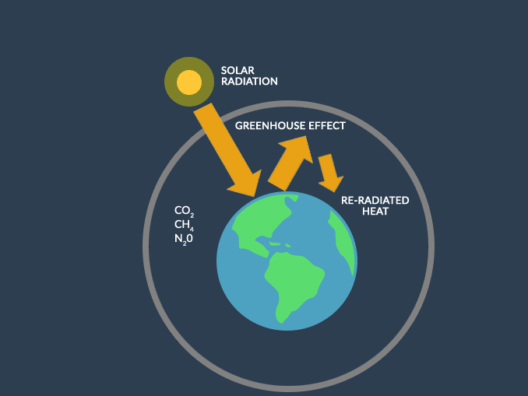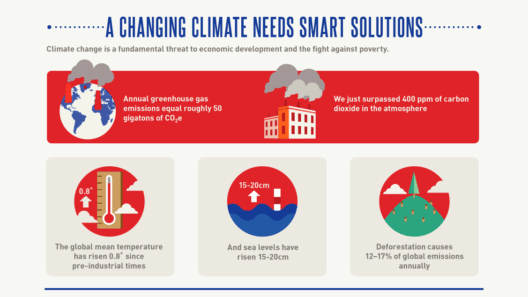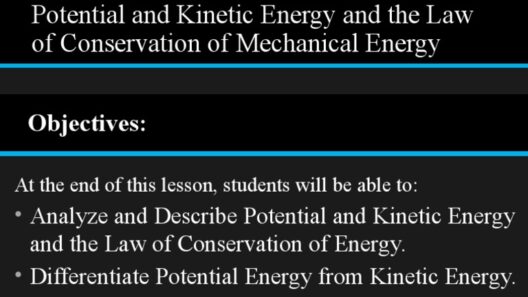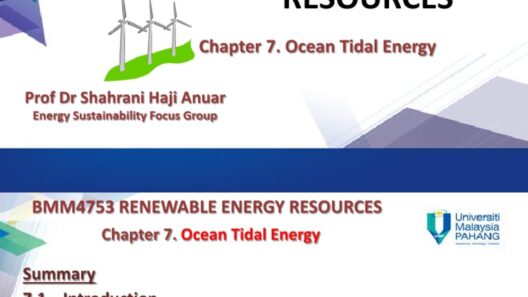In an era where climate change accelerates at an alarming pace, energy conservation has emerged as not only a vital necessity for our planet but also as an appealing career path for those committed to making a difference. The burgeoning sector of green jobs encompasses a wide array of roles that focus on the sustainable management of resources, renewable energy systems, and the implementation of environmentally-friendly practices in various industries. This field promises a shift in perspective, revealing the boundless potential for individuals to engage in occupations that generate real impact.
The nexus between energy conservation and career opportunities is particularly striking as society grapples with the implications of excessive energy consumption. The modern workforce is increasingly recognizing that a career in sustainability is not merely a trend but rather a substantial commitment to fostering a healthier planet. As professionals embrace this challenge, they uncover an intricate tapestry of rewarding green jobs that align with their values and aspirations.
One of the most alluring aspects of pursuing a career in energy conservation is the opportunity to contribute to a more sustainable future. Energy efficiency engineering, for instance, is a discipline where professionals optimize energy use across various infrastructures, from residential buildings to industrial plants. By harnessing innovative technologies and methodologies, these engineers play a pivotal role in reducing carbon footprints, thus mitigating the adverse effects of climate change.
Furthermore, specialists in renewable energy integration work at the forefront of the transition to greener sources of power. Their expertise in solar, wind, and geothermal energy systems is essential as the global community shifts away from fossil fuels. These roles not only necessitate a robust understanding of engineering principles but also an aptitude for addressing regulatory and logistical challenges. By fostering the integration of renewable energy sources, they champion a significant paradigm shift that can reshape energy consumption patterns.
Furthermore, the demand for energy auditors is surging. These professionals assess energy usage in various sectors and propose actionable recommendations to enhance efficiency. Through systematic evaluations, energy auditors can identify inefficiencies and suggest modifications that often lead to substantial cost savings for businesses and households alike. This critical role exemplifies how one can engage in a profession that yields measurable results in energy savings while simultaneously advocating for environmental stewardship.
To further highlight the multidimensional nature of green jobs, consider the field of environmental policy and advocacy. Policy analysts and environmental advocates shape legislation that promotes energy conservation and sustainable practices on a macro scale. They collaborate with governmental bodies and organizations to mold policies that prioritize environmental health and resource conservation. This strategic role emphasizes the importance of informed decision-making and public advocacy in driving change at all levels of society.
Moreover, energy conservation careers extend to educational and outreach roles that inspire communities to adopt sustainable habits. Environmental educators and outreach coordinators leverage their expertise to nurture awareness about energy efficiency and conservation practices, engaging the public in meaningful discussions about their energy consumption patterns. By fostering an understanding of the environmental implications associated with energy use, these professionals empower individuals to make informed choices that contribute to a sustainable future.
While the promise of a green career holds significant allure, one must also acknowledge the inherent challenges. The field of energy conservation necessitates a blend of technical knowledge, interdisciplinary collaboration, and a willingness to adapt in a rapidly evolving landscape. As technology advances and societal needs change, professionals in this arena must remain agile, continuously updating their skills and understanding of emerging trends.
Nonetheless, those who commit to this vocation are often rewarded not only with fulfilling careers but also with the knowledge that their work is contributing to a greater good. The intersection of job satisfaction and environmental impact reinforces the notion that a career in energy conservation is not just viable; it is essential.
As we glance towards the future, the trajectory of green jobs is anticipated to soar. As governments and corporations increasingly prioritize sustainability, the job market is expected to expand exponentially. This burgeoning demand will undoubtedly create new opportunities for individuals seeking to establish themselves within this impactful profession. Additionally, emerging technologies, such as energy storage solutions and smart grid innovations, will likely give rise to entirely new career niches within the energy conservation sector.
In conclusion, a career dedicated to energy conservation is not merely a profession; it is a calling that resonates with those passionate about safeguarding our planet for future generations. It offers a multitude of avenues through which individuals can leverage their skills and knowledge to catalyze positive change. As the global community confronts the realities of climate change and resource depletion, the imperative for energy conservation becomes increasingly pronounced. Opting for a career in this field signifies a commitment to forging a sustainable legacy — one that has the potential to invoke a profound transformation in how societies conceptualize and engage with energy. In this era of urgency, the call to action has never been clearer, illuminating the path towards a brighter, more sustainable future.







